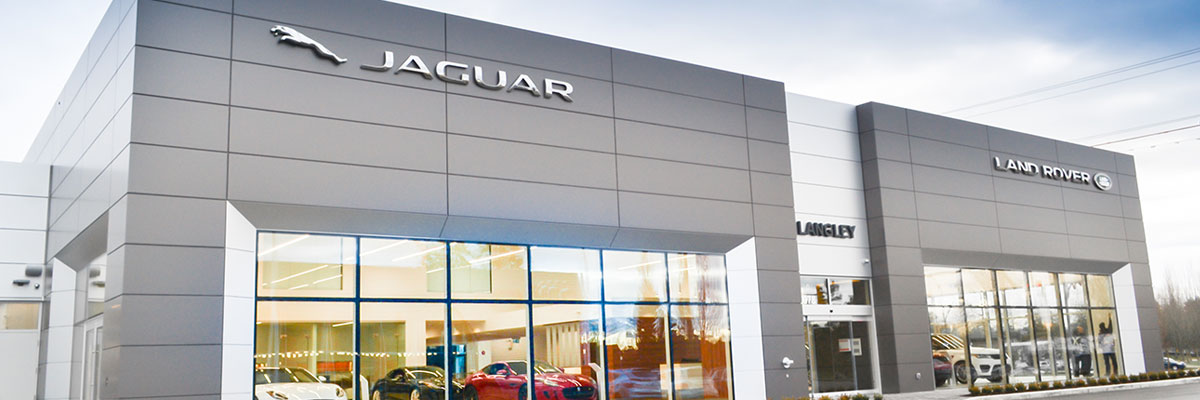Best luxury vehicle brands compared


Like a brand in any other industry, an automotive nameplate is only as good as the reputation it holds. Factors including market image, reliability and cost of ownership are all things taken into consideration when determining an automaker’s cachet. For instance, Japanese cars have traditionally been held in high regard for their build quality and above-average fuel economy, and European vehicles for their top fit and finish.
In this post we compare some luxury automakers using data taken from organizations such as Consumer Reports and J.D. Power and Associates, a global information firm that conducts surveys around customer satisfaction, long-term dependability, and so forth.

Jaguar
This British marque has long been known for turning out stylish, elegant automobiles, like the classic E-Type that has been called the most beautiful car ever made. In recent years, Jaguar has been reinvigorated by the release of the eye-catching F-TYPE Coupe and Convertible, and others. According to a J.D. Power Initial Quality Study, 93 issues were reported per 100 vehicles, and the average combined city and highway fuel consumption across their models is 11.2 L/100 km.

Porsche
Luxurious and sporty are two terms synonymous with this Stuttgart, Germany-headquartered company’s products, which include the 911, Boxster, Cayman, Panamera, Cayenne, Macan, and most recently, the 918 Spyder hybrid supercar. In the J.D. Power study, for every 100 vehicles, 80 issues surfaced. The average combined fuel economy is a surprisingly thrifty 10.81 L/100 km.

BMW
Starting out as an aircraft engine manufacturer a hundred years ago, BMW now has more than 50 different cars and crossovers in its lineup starting in the mid-$30,000 range with the compact 2-Series, all the way up to the dual gasoline-and-electricity-powered $152,000 i8. J.D. Power states approximately 99 issues per 100 vehicles.

Lexus
Known as the luxury arm of Toyota, Lexus launched as an independent nameplate in the late 1980s with the release of the LS full-size sedan. Today it is one of the largest producers of premium cars ranging from a compact entry-level hybrid to the ultra high performance LFA. Consumer Reports gives Lexus an overall score of 78 per cent and J.D. Power found 104 issues reported per 100 vehicles. The average combined fuel consumption is rated an efficient 10.23 L/100 km.

Audi
Audi’s slogan is Vorsprung durch Technik, meaning “Advancement through Technology.” This saying makes sense when you see how much attention the brand with the four rings has paid towards creating impressive powertrains and electronics. For example, the Virtual Cockpit is one of the industry’s first high-resolution fully digital displays replacing a conventional instrument panel. J.D. quality study numbers are 115 issues/100 vehicles.

